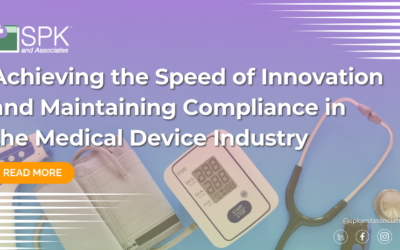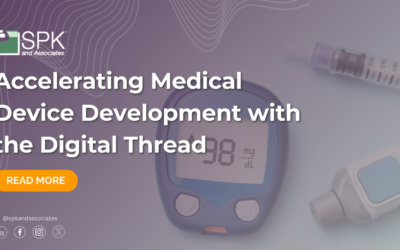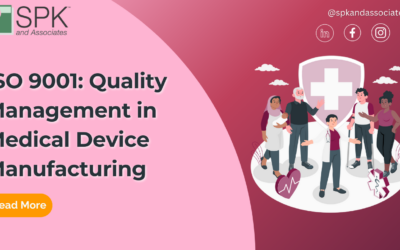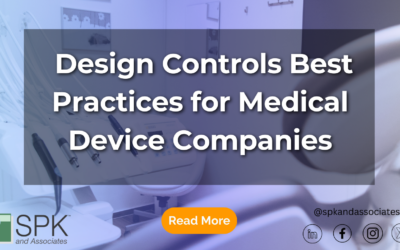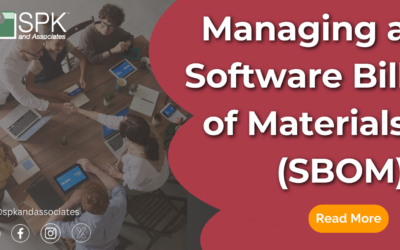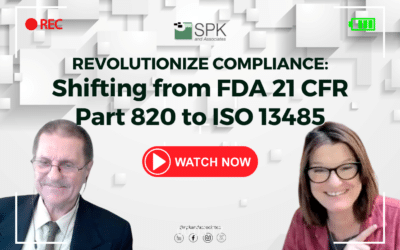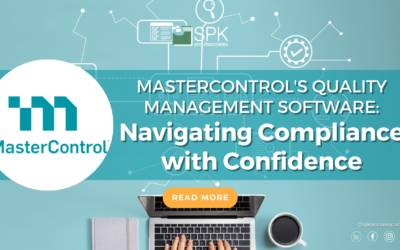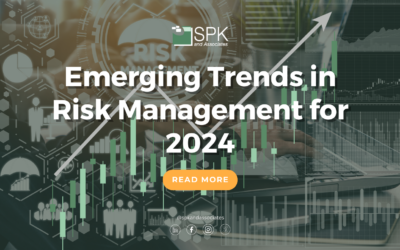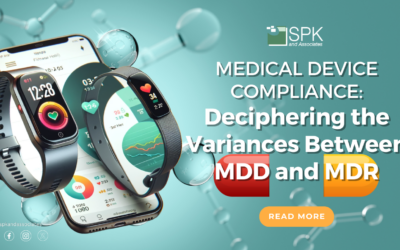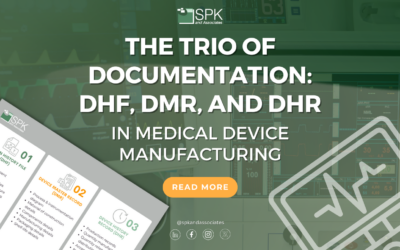Innovation is essential for staying ahead of competition in all industries, but especially in healthcare. Staying up to date with new technologies and compliance needs can improve outcomes for patients. The best way to ensure compliance is by utilizing the proper...
Medical Device Engineering
Accelerating Medical Device Development with the Digital Thread
The medical device industry is one of the most regulated industries due to the importance of the products they manufacture. Efficiently producing high-quality products that comply with regulatory standards is the key to successful medical device manufacturing....
Building Resilience in Healthcare IT Infrastructure through Cybersecurity Strategies
Cybersecurity is important in every industry but is especially vital in healthcare. Safety, compliance, and data protection become more important than ever. With cyber attacks on the rise, protecting sensitive patient data has become a main priority. Let’s explore...
Creo Composites Design & Manufacturing Capabilities
Engineers typically have a few distinct materials to work with when designing and manufacturing parts. Composite design allows them to combine two or more varying materials to create a new one. This new material is often sustainable and used to design structures. This...
ISO 9001: Quality Management in Medical Device Manufacturing
Ensuring medical device quality is critical. So, you’ll need to understand and meet ISO requirements to appeal to potential buyers and streamline management. In this blog, we discuss ISO 9001 as it relates to medical device manufacturing, what your business can do to...
Design Controls Best Practices for Medical Device Companies
Ensuring regulatory compliance and fostering trust in products are paramount for medical device manufacturers. The FDA, European Competent Authority, and Health Canada closely oversee design, development, and manufacturing for patient safety and efficacy....
Managing a Software Bill of Materials (SBOM)
The FDA's heightened cybersecurity standards, implemented in October 2023, have changed submission requirements for medical devices. In this blog post, we'll explore the key updates and detail key information about effective Bill of Materials (BOM) management,...
Shifting from FDA 21 CFR Part 820 to ISO 13485
In this Vlog, Chris McHale, Co-founder, and CEO of SPK and Associates is joined by Carlos Almeida, Vice President of Engineering. Together, they’re discussing FDA compliance and the recent shifts impacting medical device companies. Topics for discussion include...
MasterControl’s Quality Management Software: Navigating Compliance with Confidence
Looking for a great out-of-the-box solution for a Quality Management Systems (QMS) that exceeds the compliance requirements for FDA? MasterControl could be a good option for you. It even includes the stringent guidelines outlined in 21 CFR Part 820. Let’s take a...
Emerging Trends in Risk Management for 2024
There is a paramount importance to staying ahead of new risks. After all, more and more crop up each day as technology and processes change. So, in this blog post we’re exploring the 2024 trends for risk management.Why Manage Risk? It sounds like a simple question...
Medical Device Compliance: Deciphering the Variances Between MDD and MDR
Back in 1993, the concept of IoT, fitness tracking apps or computerized surgical equipment sounded like something of Star Trek. But in 2023, tech is everywhere - and our medical devices have evolved for the better due to this. However, with evolution, also comes the...
The Trio of Documentation: DHF, DMR, and DHR in Medical Device Manufacturing
The FDA plays a pivotal role, setting the gold standard for regulatory oversight. Manufacturers must meticulously adhere to FDA regulations, such as the Quality System Regulation (QSR) under 21 CFR Part 820, governing key aspects like design controls, production...


